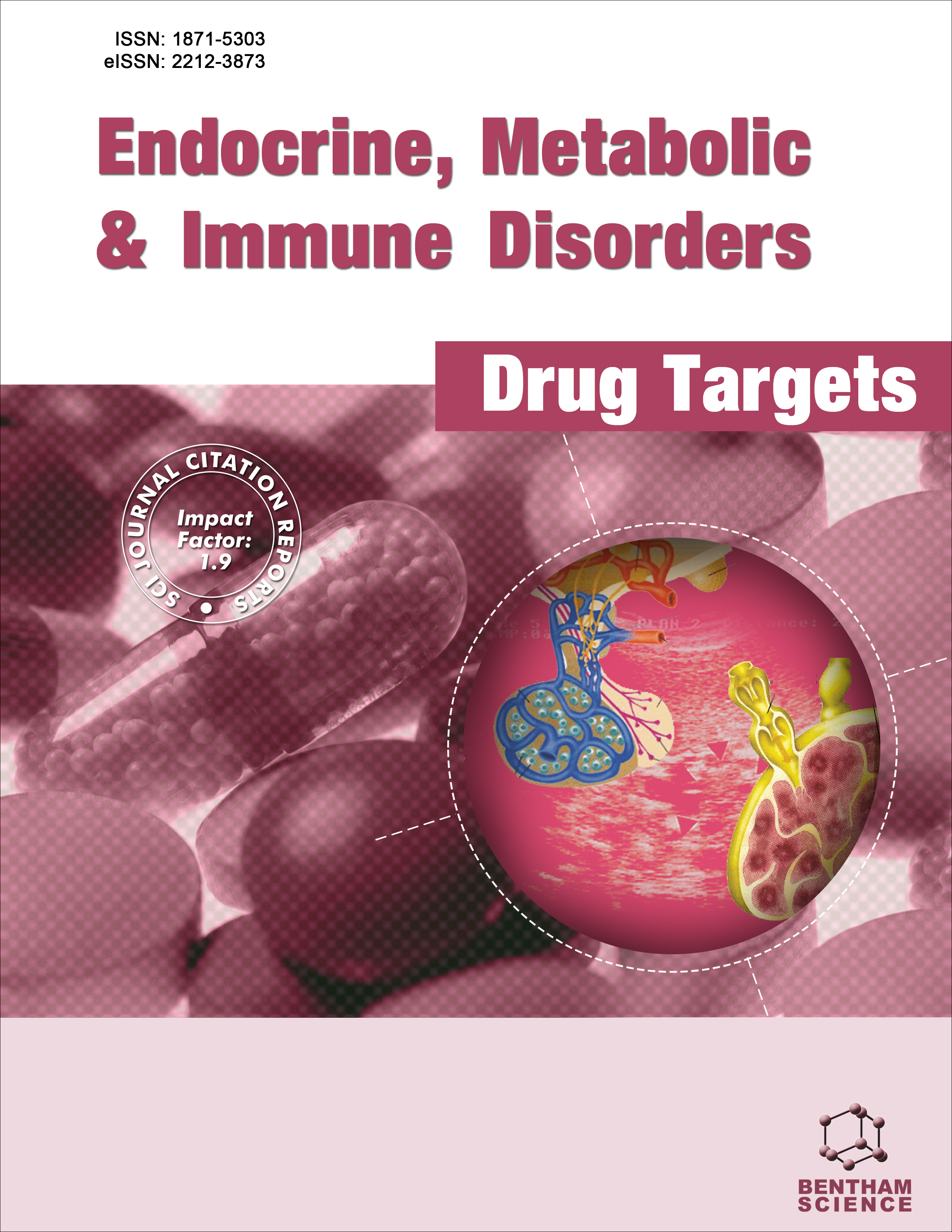-
oa Isoforms of Vitamin E Differentially Regulate Inflammation
- Source: Endocrine, Metabolic & Immune Disorders-Drug Targets, Volume 10, Issue 4, Dec 2010, p. 348 - 366
-
- 01 Dec 2010
Abstract
Vitamin E regulation of disease has been extensively studied in humans, animal models and cell systems. Most of these studies focus on the α-tocopherol isoform of vitamin E. These reports indicate contradictory outcomes for anti-inflammatory functions of the α-tocopherol isoform of vitamin E, especially with regards to clinical studies of asthma and atherosclerosis. These seemingly disparate clinical results are consistent with recently reported unrecognized properties of isoforms of vitamin E. Recently, it has been reported that physiological levels of purified natural forms of vitamin E have opposing regulatory functions during inflammation. These opposing regulatory functions by physiological levels of vitamin E isoforms impact interpretations of previous studies on vitamin E. Moreover, additional recent studies also indicate that the effects of vitamin E isoforms on inflammation are only partially reversible using physiological levels of a vitamin E isoform with opposing immunoregulatory function. Thus, this further influences interpretations of previous studies with vitamin E in which there was inflammation and substantial vitamin E isoforms present before the initiation of the study. In summary, this review will discuss regulation of inflammation by vitamin E, including alternative interpretations of previous studies in the literature with regards to vitamin E isoforms.


